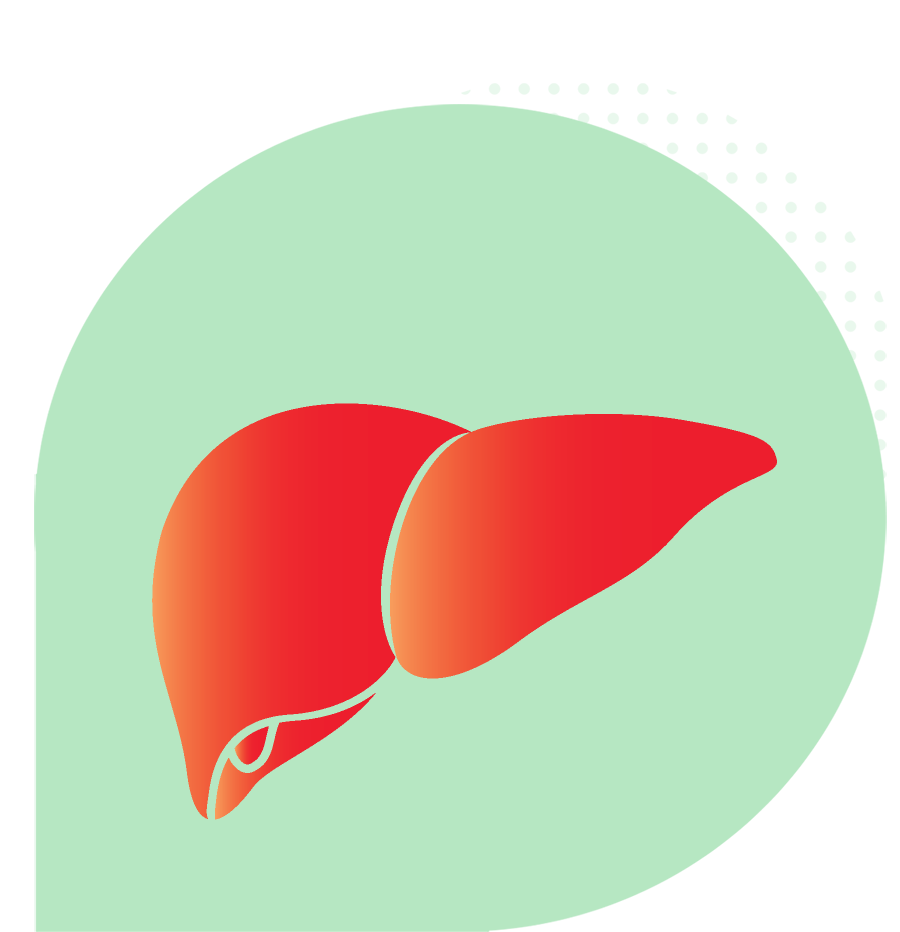Viral Hepatitis is caused by inflammation liver caused by 5 types of hepatitis viruses A, B, C, D & E. As per WHO an estimated 354 million people are living with viral hepatitis B & C and over 1 million deaths occur every year due to chronicity of both these viruses. In India alone, more than 36 million people are infected with HBV and 18 million with HCV. Hepatitis infection is one of the leading causes of end-stage liver diseases like HCC and Liver Transplantation in India where more than 50% of chronic liver diseases occurs due to HBV and HCV contributes to almost 20% of chronic liver diseases cases.
As per a study conducted by WHO, it is reported that an estimated 4.5 million premature deaths could be prevented by 2030 through vaccination, diagnostic tests, medicines and education campaigns in LMICs. WHO’s global hepatitis strategy aims to reduce new hepatitis infections by 90% and deaths by 65% between by 2030.
Due to occupational hazards like exposure to blood and body fluids, needle stick injuries, healthcare workers pose a very risk of acquiring infections like HIV, Hepatitis B & C. Every year over 2 million healthcare workers are encountered to Needle Stick Injuries at work place exposing themselves risk of getting infected with hepatitis B. HBV can be prevented through vaccine. Despite a very effective vaccine availability globally, the full vaccine coverage among healthcare workers is extremely low. About 50 – 60% of healthcare are reported to have completed the vaccine schedule of HBV. In Low- and Middle-income group countries, Hepatitis B vaccination coverage among healthcare workers is very low for various reasons, including awareness, risk assessment, and low priority given by the health managements of both government and private hospitals.
There are lacunae in terms of training, of both healthcare workers as well as management to enable them to focus on the current situation of Hepatitis vaccine status in the healthcare workers of India, and provides updated guidelines to manage the accidental exposure to hepatitis B virus-infected biological materials in healthcare workers. There is a need to educate the healthcare workers about Viral Hepatitis, available vaccines, post-vaccine immune status, and post-exposure prophylaxis.
https://www.who.int/news-room/fact-sheets/detail/immunization-coverage
Through various interventions under project PRAKASH, we aim to reduce the burden of viral hepatitis in the country and contribute towards the global aim of viral hepatitis elimination by 2030. The project is operational since 2017 working towards educating healthcare workers in viral hepatitis and infection prevention.


Call us now

Drop us an email

Monday to Saturday
